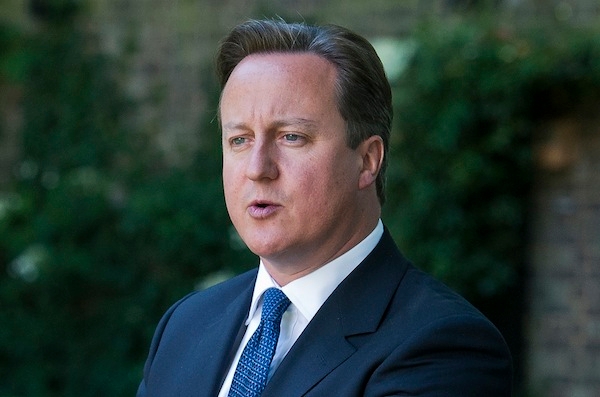David Cameron is far more optimistic than Nick Clegg about arming the Syrian rebels: that much has been clear for a while. He explained why he’s optimistic on Sky’s Murnaghan programme this morning, arguing that if the West doesn’t work with the ‘good’ rebels, then the ‘bad’ rebels will have more of an opportunity to flourish. He said:
‘I want to help the Syrian opposition to succeed and my argument is this: yes there are elements of the Syrian opposition that are deeply unsavoury, that are very dangerous, very extremist and I want nothing to do with them. I’d like them driven out of Syria. They’re linked to al Qaeda. But there are elements of the Syrian opposition who want to see a free, democratic pluralistic Syria that respects the rights of minorities including Christians and we should be working with them.
‘We are working with them and my point is this: that if we don’t work with those elements of the Syrian opposition then we can’t be surprised if the only elements of the Syrian opposition that are actually making any progress in Syria are the ones that we don’t approve of.’
This is an interesting argument as it makes sense technically, but the next question is how on earth do you distinguish between good and bad rebels on the ground? And how do you prevent your arms passing from good rebel to bad rebel? If the UK wants to help the good rebels flourish over and above the bad guys, does that mean they will also fight the bad rebels in some instances?
But it may well be his slightly awkward language around giving parliament a consent for giving armed help to rebels that runs with MPs....









Comments
Join the debate for just $5 for 3 months
Be part of the conversation with other Spectator readers by getting your first three months for $5.
UNLOCK ACCESS Just $5 for 3 monthsAlready a subscriber? Log in